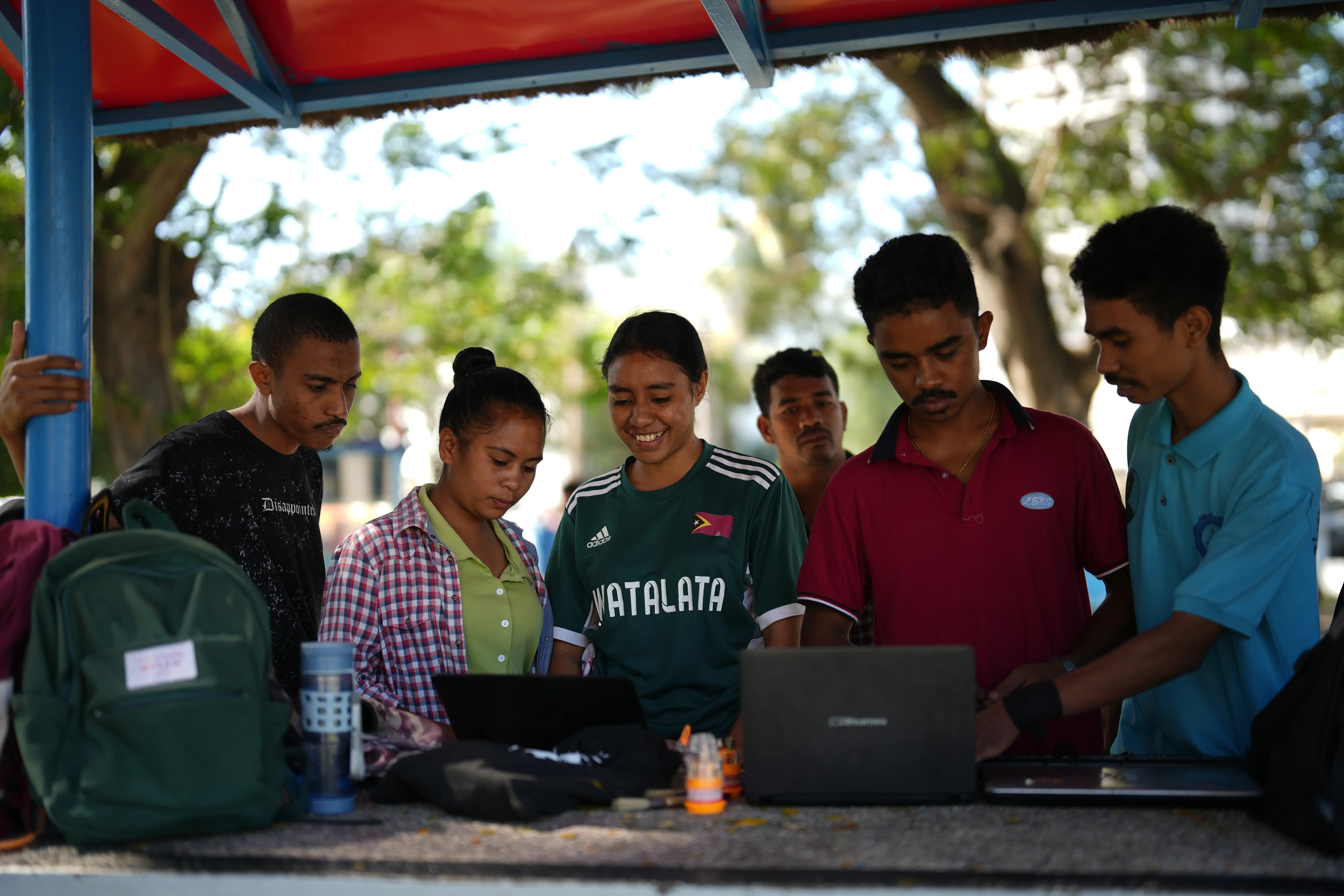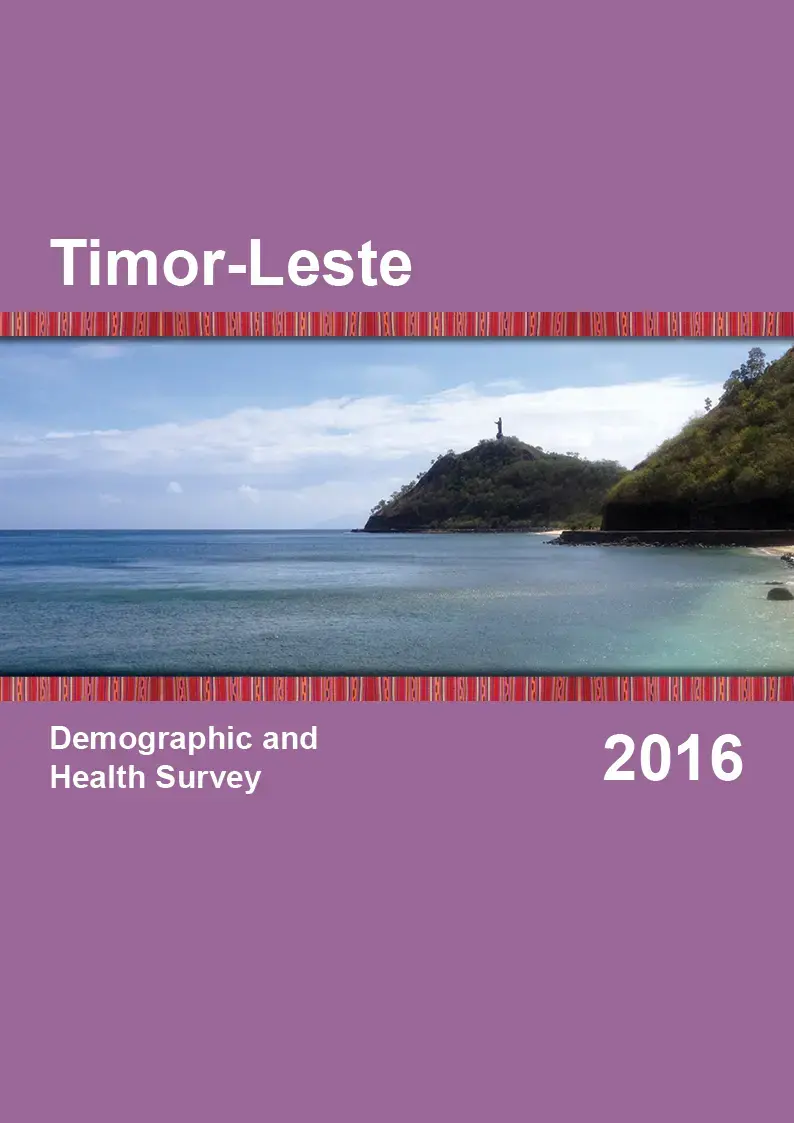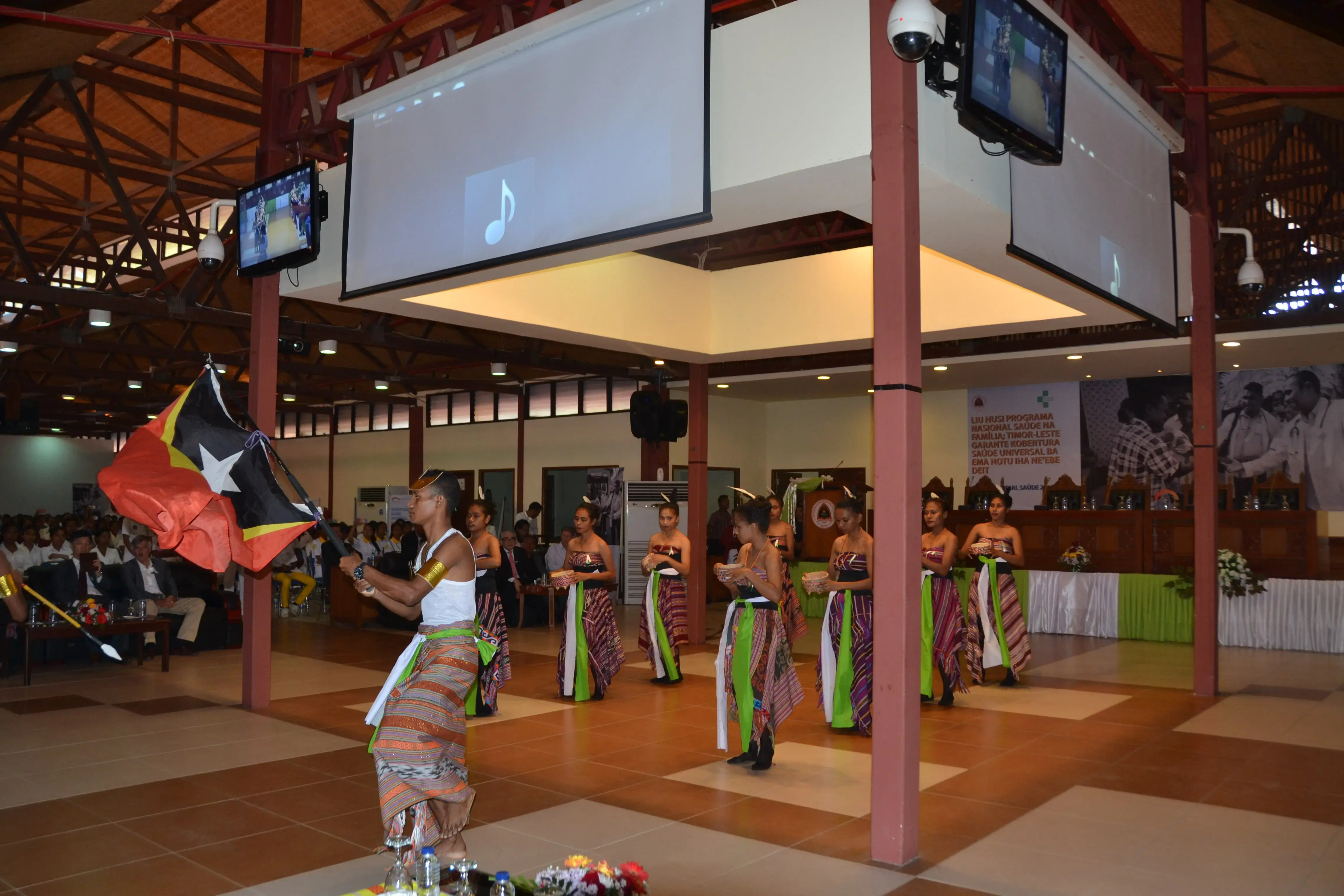UNFPA Timor-Leste provides support to national population and housing censuses and continues to work with the Government of Timor-Leste to conduct censuses for sustainable development.
UNFPA’s work in Timor-Leste aims to further strengthen the capacity for quality data collection, analysis and utilization in policy making and programming around population issues, gender equality and reproductive health, including data in humanitarian settings.
To strengthen the capacity for analysis of population dynamics and inter-linkages and to support policy analysis, UNFPA collaborates with academia and regional institutions active in the population and development field.
Quality population data are essential for programming and monitoring public policies in the context of the Sustainable Development Goals (SDGs), and reflect UNFPA's comparative advantage.
Ensuring everyone counts requires counting everyone
UNFPA provided technical and financial support to the National Institute of Statistics of Timor-Leste (INETL), formerly General Directorate of Statistics (GDS), to carry out the Demographic Census of 2004, 2010, 2015, and 2022, and the Demographic and Health Survey of 2009-2010 and 2016.
UNFPA also ensures that Census data are analyzed and disseminated down to the lowest geographic level, and that these data are used for public policy planning, including the Timor-Leste National Strategic Plan 2011-2030.
UNFPA will continue to conduct research on population dynamics and promote dialogue on evidence-based policy making with particular emphasis on the demographic dividend, social inclusion of women, youth, and vulnerable groups such as people with disabilities and the elderly.
UNFPA will continue to support government and development partners to measure and monitor the SDGs so that no one is left behind.





